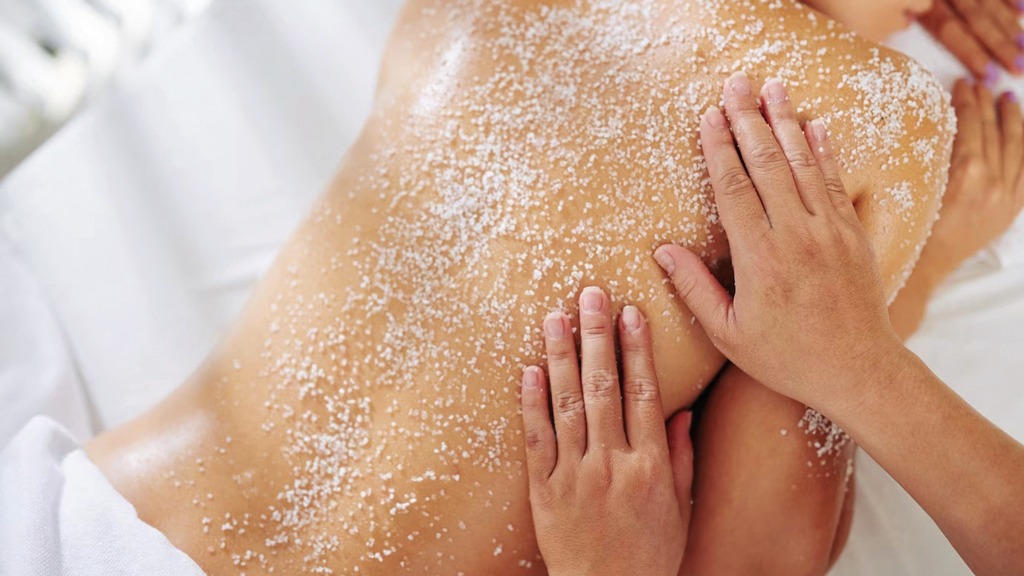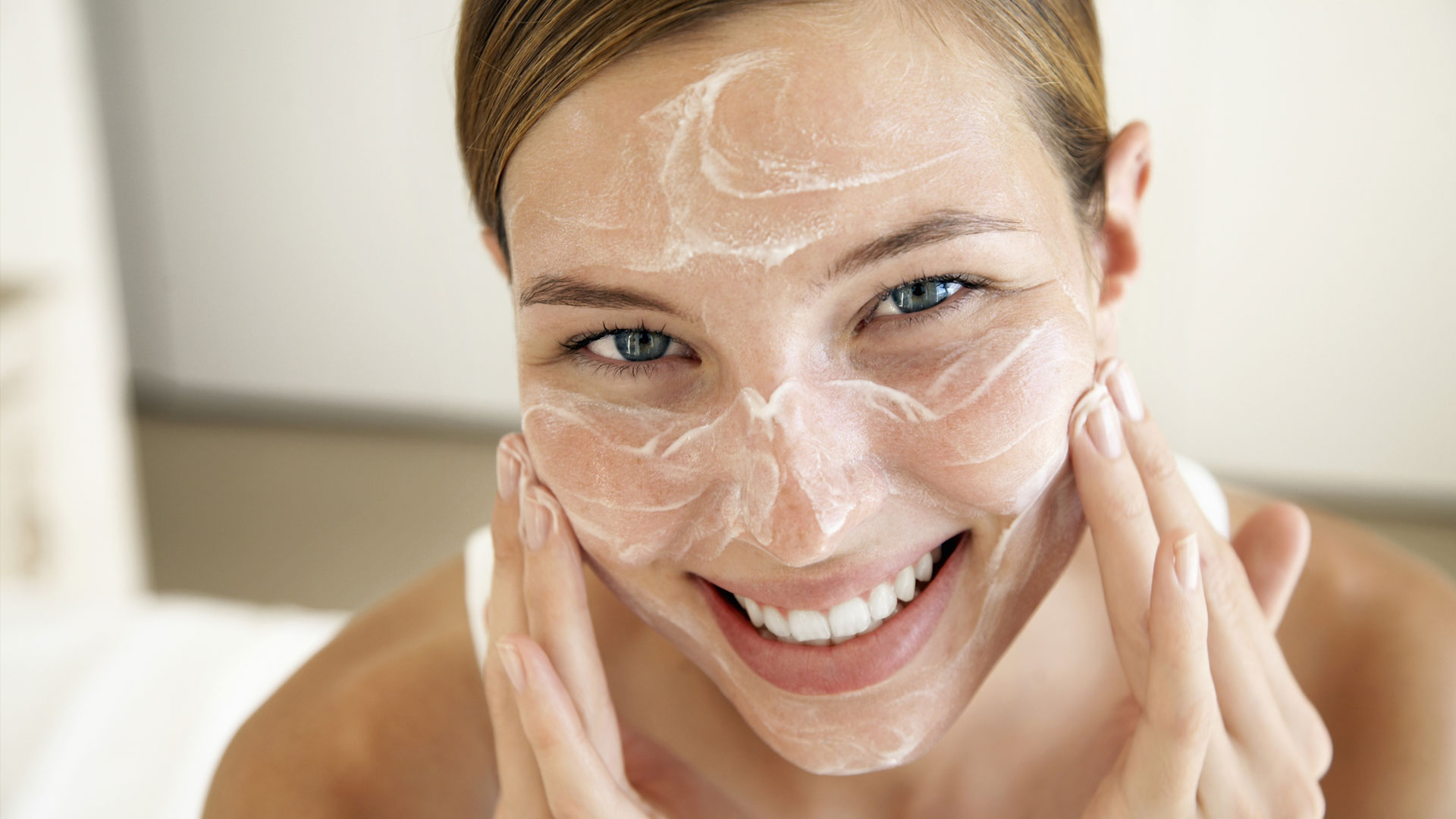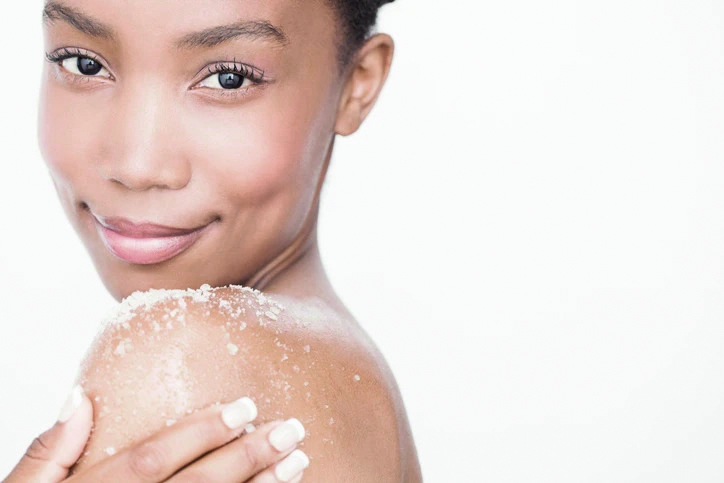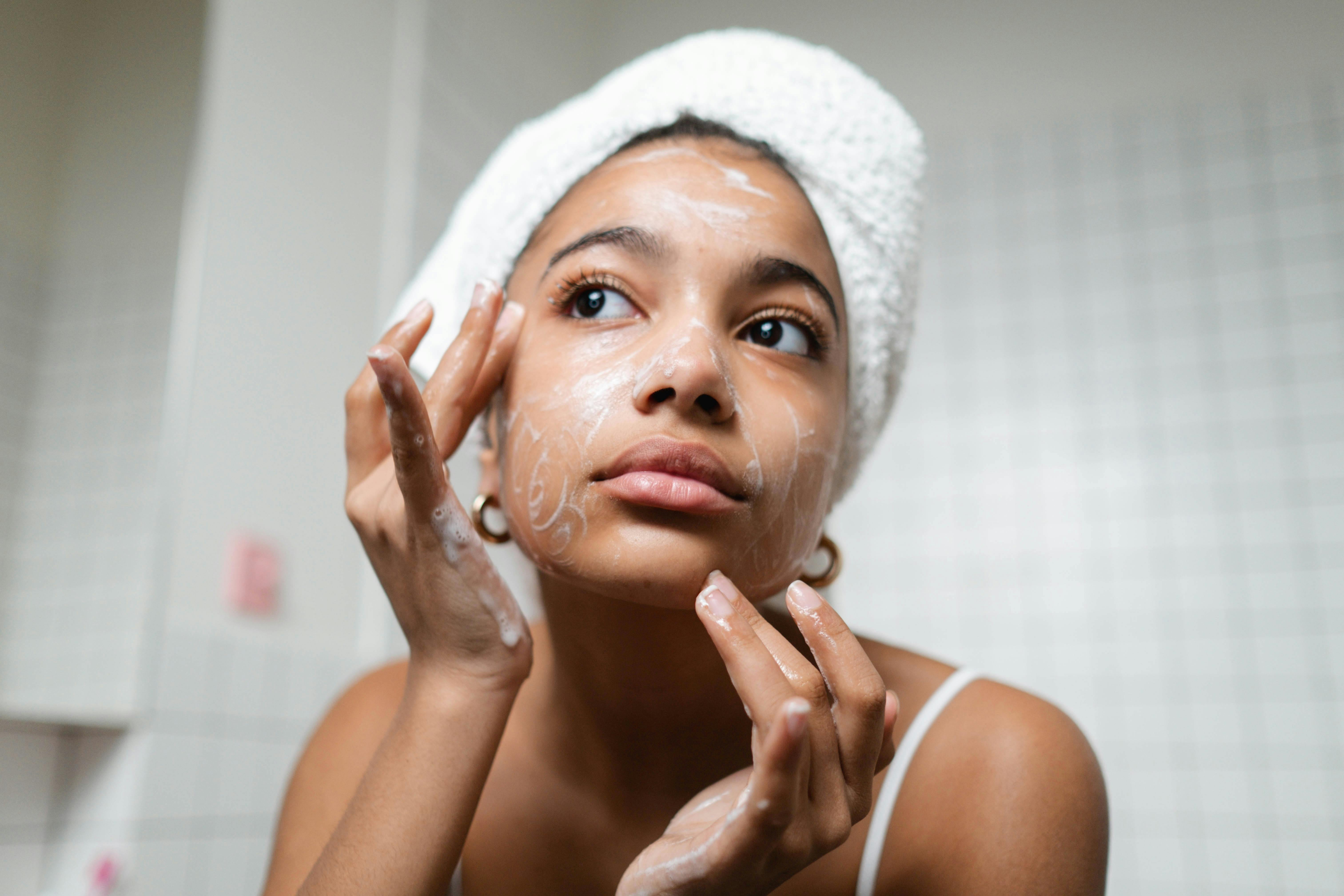Youthful skin in 28 days: the miracle of exfoliation

Exfoliation of the face and body is one of the most important steps in achieving radiant and rejuvenated skin. This treatment has many benefits, the most important of which are to cleanse the skin, remove excess sebum, keep pores clear and prevent acne. In addition, exfoliation stimulates the skin's renewal processes, resulting in a smoother and more even skin surface. Regular exfoliation can help fade pigmentation spots and reduce fine lines, contributing to a more youthful appearance.
Why is exfoliation important?
- Effective cleansing: exfoliation helps to remove accumulated dirt and dead skin cells on the surface of the skin, leaving it cleaner and fresher.
- Sebum control: remove excess sebum to prevent clogged pores and acne.
- Skin regeneration: exfoliation promotes the formation of new cells, which contributes to the regeneration of the skin, making it smoother and more radiant.
- Improve absorption: the removal of dead skin cells allows the skin to breathe better and facilitates the absorption of facial serums, face packs and creams.
The benefits of exfoliation
By removing dead and faded skin cells, the skin becomes softer, firmer and more toned. It also fades pigmentation spots, reduces the visibility of enlarged pores and softens fine lines and wrinkles. Did you know that the upper stratum corneum of the skin regenerates in cycles of about 28 days? This means that it is completely replaced in that time. However, as we age, this natural process slows down and cells age, leaving skin looking lifeless, dull and prone to wrinkles.
The skin cells that remain on the skin make it rough and dull, hinder the absorption of cosmetics and lead to dryness, dullness and sagging. This is where a proper skin renewal peel can help.
Exfoliation methods
- Mechanical exfoliation: this method uses particles of a granular substance (such as a facial scrubber) to scrub away dead skin cells.
- Chemical peels: this is where a skin care acid (such as AHA - fruit acid, BHA - salicylic acid, PHA) is used to virtually 'peel' the top layer of skin. A well-chosen exfoliating gel can be particularly effective as it gently cleanses and regenerates the skin.

Exfoliation can also be applied to the skin of the body
Exfoliation is not limited to the face, but can also be applied to the whole body. Removing dead skin cells from the rest of the body also has a number of benefits, including smoother, softer skin and a more even complexion.
Benefits of body peels
- Smoother skin: exfoliating the body removes dead skin cells, leaving skin smoother.
- Better hydration: moisturisers and lotions are more easily absorbed when the skin is regularly exfoliated.
- Prevention of skin problems: it can help prevent dry skin, keratosis pilaris (so-called "chicken skin") and ingrown hairs.

Body peel methods
- Mechanical exfoliation: the use of custom-made erasers and brushes that remove dead skin cells by physical rubbing.
- Chemical peels: the application of custom-made acids or enzymes that dissolve dead skin cells.
Important advice after exfoliation
After exfoliation, the skin can become more sensitive to external aggressions, so sun protector is essential during the day. Proper protection helps to keep skin healthy and glowing and prevents damage caused by harmful UV rays.
Summary
Exfoliating the face and body is a key step in skin care and rejuvenation. Regular application helps to maintain skin clarity, elasticity and radiance, while promoting more effective absorption of cosmetics. Remember to always use sunscreen after exfoliation to protect the skin. Give your skin all the care it needs to keep it looking its best!

Frequently Asked Questions During Exfoliation
How often should you exfoliate your face and body?
The frequency of facial and body peels depends on the type of skin and the method used. It is usually recommended once or twice a week, but less often for sensitive skin and more often for oily skin.
Which exfoliator should I choose?
Choosing the right exfoliator depends on your skin type and problems. Mechanical exfoliators are for example facial scrubs and body scrubs, while chemical exfoliators contain different acids such as AHA, BHA or PHA. It is important that the ingredients and efficacy of the product are matched to the skin's specific needs. For example, a mechanical exfoliator with a finer grain or a gentle AHA cream may be ideal for everyday use.
Can you go too far with exfoliation?
Yes, excessive exfoliation can damage the skin's protective barrier, leading to irritation, dryness and sensitivity. It is therefore important to observe the correct frequency and monitor skin reactions.
What should I do if I experience irritation after the peel?
If you experience skin irritation after exfoliation, stop the treatment and use soothing, moisturising products. Avoid further exfoliation until the skin has completely calmed down and consult a dermatologist if problems persist.
Why is it important to use sunscreen after exfoliation?
Exfoliation removes the top layer of skin, making it more sensitive to UV rays. The use of sunscreen prevents sun damage.
